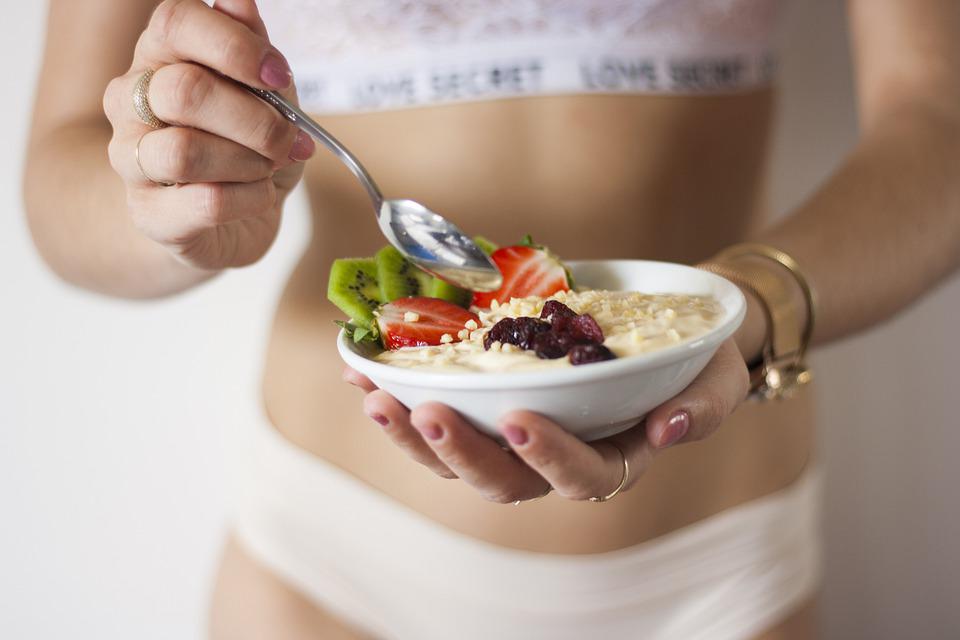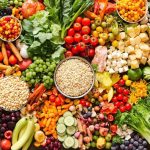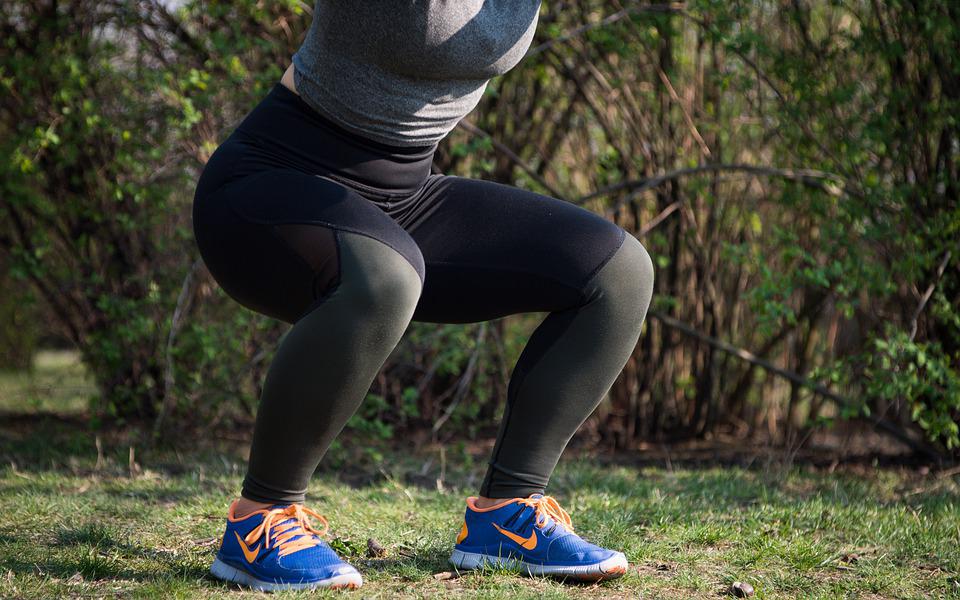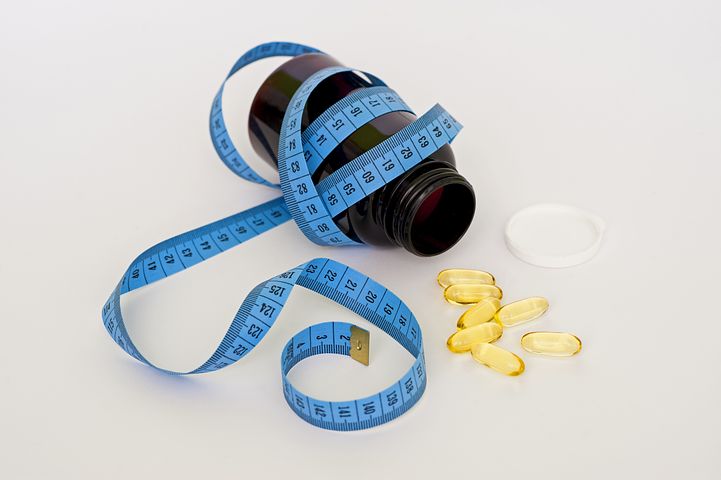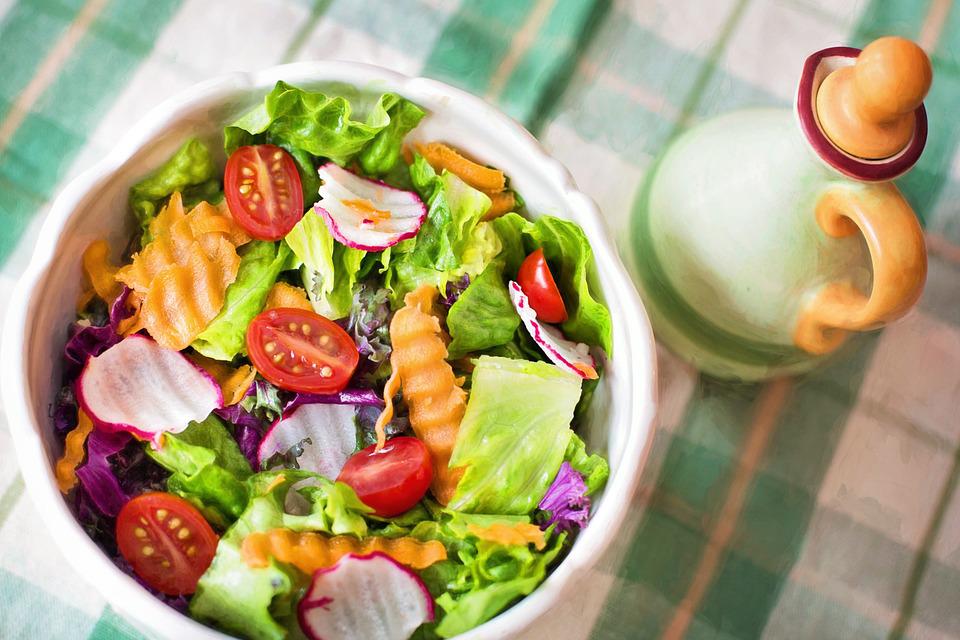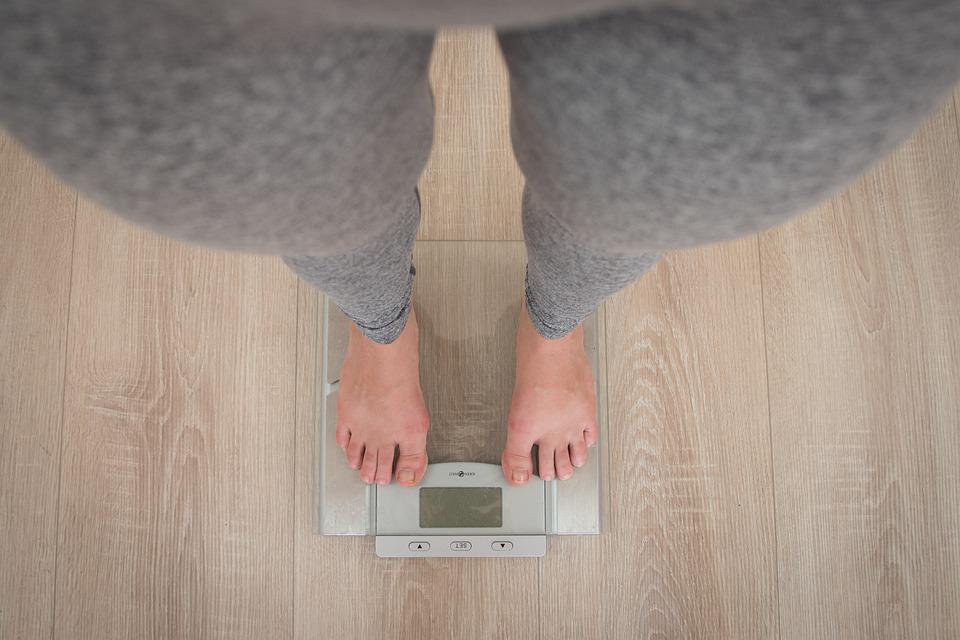
Losing weight is not a cure-all for health problems, but if your doctor thinks it will help, there are ways to do it safely. Gradually losing 1-2 pounds a week is the best way to maintain your weight loss long-term.
If you find it difficult to stick to a healthier eating plan, it may be because the plan leaves you feeling hungry or unsatisfied, or because it cuts out major food groups.
While different eating styles and tips may work better for some people than others, everyone has unique needs.
There are some general principles you can follow to lose weight, whether you’re on a low-carb diet or one that focuses on whole foods.
Here are some science-backed tips to help you lose weight that include healthy eating, choosing carbs carefully, and that aim to:
- reduce your appetite and hunger levels while keeping you satisfied
- produce consistent weight loss over time
- help improve your metabolic health at the same time
Losing weight quickly is not always sustainable, but there are some tips that may help. It is better to focus on long-term health and habits that you can stick with over time. This will help improve your health and are more likely to result in lasting weight loss.
- Cut back on refined carbs
When cutting back on sugars and starches, or carbohydrates, one way to help lose weight quickly is by reducing refined carbs and replacing them with whole grains. This will generally lead to eating fewer calories as hunger levels go down.
If you want to lose weight by eating fewer carbs, you’ll have to use stored fat for energy instead. If you’re willing to eat more complex carbs like whole grains, though, you’ll get more fiber and digest them more slowly, which will make you feel fuller.
A study in 2020 showed that a diet very low in carbohydrates was good for losing weight in older populations. It is also thought that a low-carb diet may stop people from feeling hungry, which would lead to them eating less without having to try.
The long-term effects of a low-carb diet are not yet known. It can be difficult to stick to a low-carb diet, which might cause weight to fluctuate and make it hard to maintain a healthy weight. There are also some potential negatives to a low-carb diet that might make you want to try a different approach. Reducing your calorie intake can help you lose weight and make it easier to keep the weight off for a longer period of time.
A study in 2019 found that eating whole grains instead of refined carbs is associated with a lower body mass index (BMI).
Your doctor can recommend the best way for you to lose weight.
- Create an internal support system and refocus your energy
Step 2 is about developing a healthy attitude towards food, weight, and your body. Pay attention to the thoughts you have and the things you say, and make an effort to be more positive. Just as it’s important to feed your body with nutritious food, it’s also important to feed your mind with positive thoughts. Keep in mind that accepting yourself the way you are does not mean giving up. It means feeling good about yourself now so that you can take positive steps towards your goals.
- Understand your hunger and your emotions
The next time you feel the urge to eat, ask yourself if you’re really hungry. It’s easy to confuse wanting to eat with needing to eat, but it’s important to be aware of why you want to eat.This is a very big deal because it will help you cut back on eating without thinking and eating food that is not necessary, and you will also start to figure out your emotional attachments to food.
- Get your emotional needs met without food
When you have a craving, it can be helpful to think about whether you’re actually hungry or if you’re just looking for a way to distract yourself from your emotions. If it’s the latter, eating likely won’t help you feel better in the long run. Instead, try to understand why you’re feeling that way and what you can do to help yourself feel better.
- Eat protein, fat, and vegetables
Aim to include a variety of foods at each meal. To balance your plate and help you lose weight your meals should include:
- a protein source
- fat source
- vegetables
- a small portion of complex carbohydrates, such as whole grains
Protein
Avoiding muscle loss while losing weight requires eating the recommended amount of protein.
A growing body of evidence suggests that consuming adequate protein may have benefits for cardiometabolic risk factors, appetite, and body weight.
Generally, an average male needs about 56-91 grams per day, and the average female needs 46-75 grams per day, but many factors influence protein needs. Here are guidelines to help you figure out how much protein to eat without eating too much:
- 0.8g/kg of body weight
- 1-1.2g/kg of body weight for people 65 and older
- 1.4-2g/kg of body weight for athletes
If you want to reduce cravings and snacking, make sure your diet includes enough protein. Protein will help you feel full and satisfied.
Healthy protein sources include:
- meat: beef, chicken, pork, and lamb
- fish and seafood: salmon, trout, sardines, and shrimp
- eggs
- plant-based proteins: beans, legumes, quinoa, tempeh, and tofu
Vegetables
You can load your plate with leafy green vegetables without being afraid. They are packed with nutrients and eating large amounts will not greatly increase calories and carbs.
Some vegetables are higher in carbs than others. These include potatoes, sweet potatoes, winter squash, and corn. All vegetables are nutrient-rich and healthy foods to add to your diet.
You should be aware of how much of these vegetables you’re eating because they are technically complex carbs.
Vegetables to include more of:
- broccoli
- cauliflower
- spinach
- tomatoes
- kale
- Brussels sprouts
- cabbage
- Swiss chard
- lettuce
- cucumber
- peppers
Healthy fats
Don’t be afraid of eating fats.
You should include healthy fats in your diet no matter what eating plan you choose. Olive oil and avocado oil are good choices. Nuts, seeds, olives, and avocados are also healthy and delicious additions to your diet.
Usage of other fats should be moderate because of the high saturated fat content.
- Connect with your intuition and trust your body
Connection with your body is key to making nutritious decisions. It’s easy to get caught up in the mentality of shrinking your body, but it’s much more important to think about nourishing it. Consider how different foods make you feel—mood, energy, cravings, etc.—and use that information to make better decisions. Make choices based on what will make you feel good, not just what tastes good.
- Move your body
Exercise is not necessary to lose weight, but it can help you slim down more quickly. Lifting weights has some great benefits.
Lifting weights will help you to lose weight by burning calories and preventing your metabolism from slowing down.
Attempt to lift weights three to four times a week. If you have no experience with this, you may need help from a trainer. Be sure to tell your doctor about any new exercise plans.
If weights aren’t your thing, fear not! Cardio workouts like walking, jogging, running, cycling, or swimming are all excellent exercises for weight loss and improving your overall health.
Both cardio and weightlifting help with weight loss and offer health benefits.
- Take inspired and consistent action
This step is focused on creating a positive and uplifting force in your life so that you feel motivated to take actions that correspond with your aspirations. This is VERY different from forcing yourself to take actions that you believe you “should” take. For example, don’t make yourself suffer through exercises you hate. Find ways to move that feel good to you… make movement fun and enjoyable!
9 Weight Loss Tips
Here are 9 more tips to help you lose weight:
- Eat a high-protein breakfast. Eating a high-protein breakfast could help reduce cravings and calorie intake throughout the day.
- Limit sugary drinks and fruit juice. Empty calories from sugar aren’t useful to your body and can hinder weight loss.
- Stay hydrated. Drink water throughout the day and aim for half your body weight in ounces.
- Choose weight-loss-friendly foods. Some foods are better for weight loss than others. Here is a list of healthy weight-loss-friendly foods.
- Eat more fiber. Studies show that eating fiber may promote weight loss. Find fiber in whole grains, fruits, vegetables, nuts, seeds, and other high-fiber foods.
- Drink coffee or tea. Caffeine consumption may help boost your metabolism. No need to go overboard on caffeine though and be mindful of adding sugar to these drinks.
- Base your diet on whole foods. They tend to be nutrient-rich, more filling, and less likely to cause overeating than processed foods.
- Eat slowly. Eating quickly can lead to weight gain over time while eating slowly makes you feel more full and boosts weight-reducing hormones.
- Get good quality sleep. Sleep is important for many reasons, and poor sleep is one of the biggest risk factors for weight gain.
Reducing stress and moving your body are two additional things that can impact weight loss, in addition to the nine tips provided.
Sample Meal Ideas for Fast Weight Loss
The following meal plan ideas are based on a low carbohydrate diet, which limits the intake of carbohydrates to 20-50 grams per day. Each meal should be composed of protein, healthy fats, and vegetables. Please note that these meal ideas are merely suggestions, as everyone has different dietary needs and preferences.
If you’d prefer to lose weight while still eating complex carbs, add some healthy whole grains to your meals such as:
- quinoa
- oatmeal
- whole wheat flour, bread, or pasta
- brown rice
- rye
- barley
Breakfast ideas
- poached egg with sliced avocado and a side of berries
- spinach, mushroom, and feta crustless quiche
- green smoothie with spinach, avocado, and nut milk and a side of cottage cheese
- unsweetened Greek yogurt with berries and almonds
Lunch ideas
- smoked salmon with avocado and a side of asparagus
- lettuce wrap with grilled chicken, black beans, red pepper, and salsa
- kale and spinach salad with grilled tofu, chickpeas, and guacamole
- BLT wrap with celery sticks and peanut butter
Dinner ideas
- enchilada salad with chicken, peppers, mango, avocado, and spices
- ground turkey bake with mushrooms, onions, peppers, and cheese
- antipasto salad with white beans, asparagus, cucumbers, olive oil, and Parmesan
- roasted cauliflower with tempeh, Brussels sprouts, and pine nuts
- salmon baked with ginger, sesame oil, and roasted zucchini
Snack ideas
- cauliflower hummus and veggies
- healthy homemade trail mix with nuts and dried fruit
- kale chips
- cottage cheese with cinnamon and flaxseeds
- spicy roasted chickpeas
- roasted pumpkin seeds
- tuna pouches
- steamed edamame
- strawberries and brie
How fast will you lose weight?
If you start a diet plan, you will probably lose weight quickly during the first week. After that, you will lose weight more slowly, but consistently. In the first week, you will likely lose a combination of body fat and water weight.
If you have never made changes to your diet and exercise habits before, you may lose weight more quickly.
It is generally safe to lose 1-2 pounds per week, unless your doctor advises otherwise. If you are trying to lose weight at a faster rate than this, you should speak to your doctor about a safe level of calorie reduction.
Aside from weight loss, a low-carb diet can improve your health in a few ways, though the long-term effects are not yet known:
- blood sugar levels tend to significantly decrease on low-carb diets
- triglycerides tend to go down
- LDL (bad) cholesterol goes down
- blood pressure improves significantly
A diet that includes complex carbohydrates is more sustainable than a diet that only consists of reducing calories and increasing whole foods.



